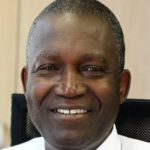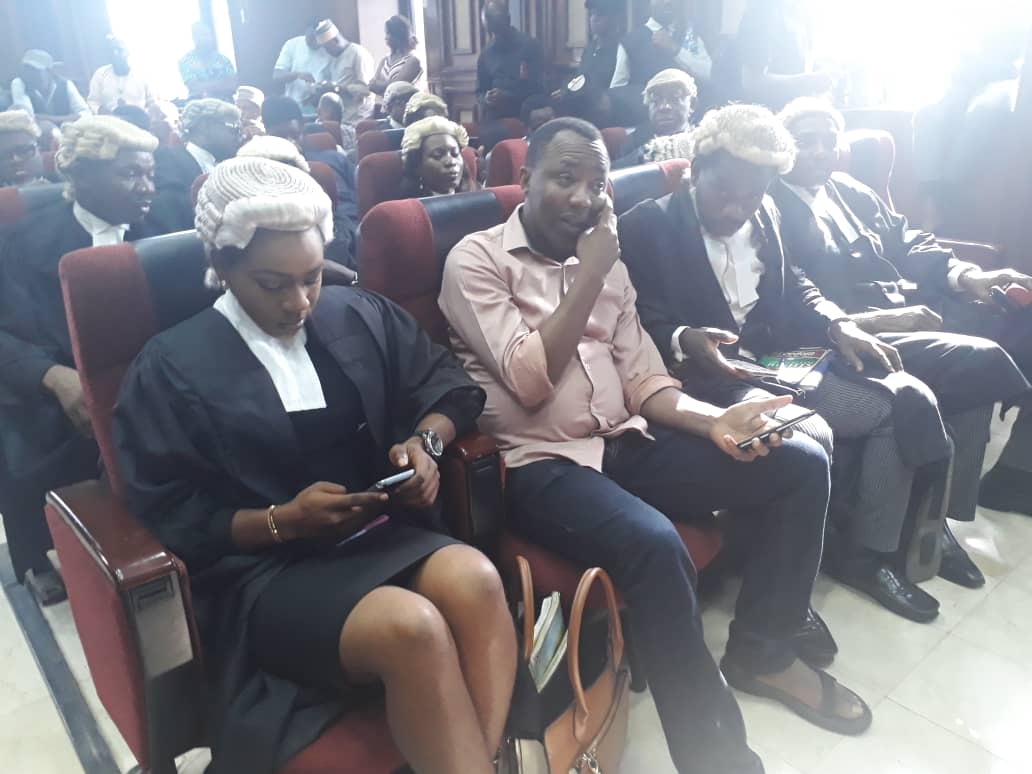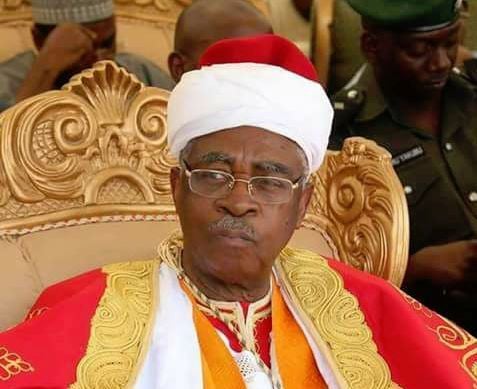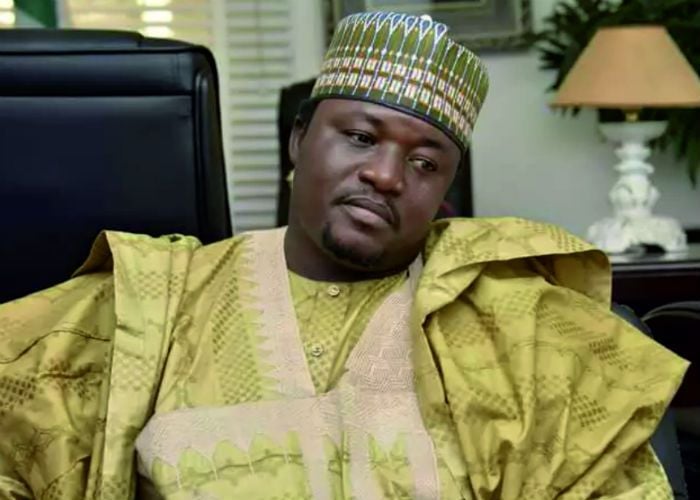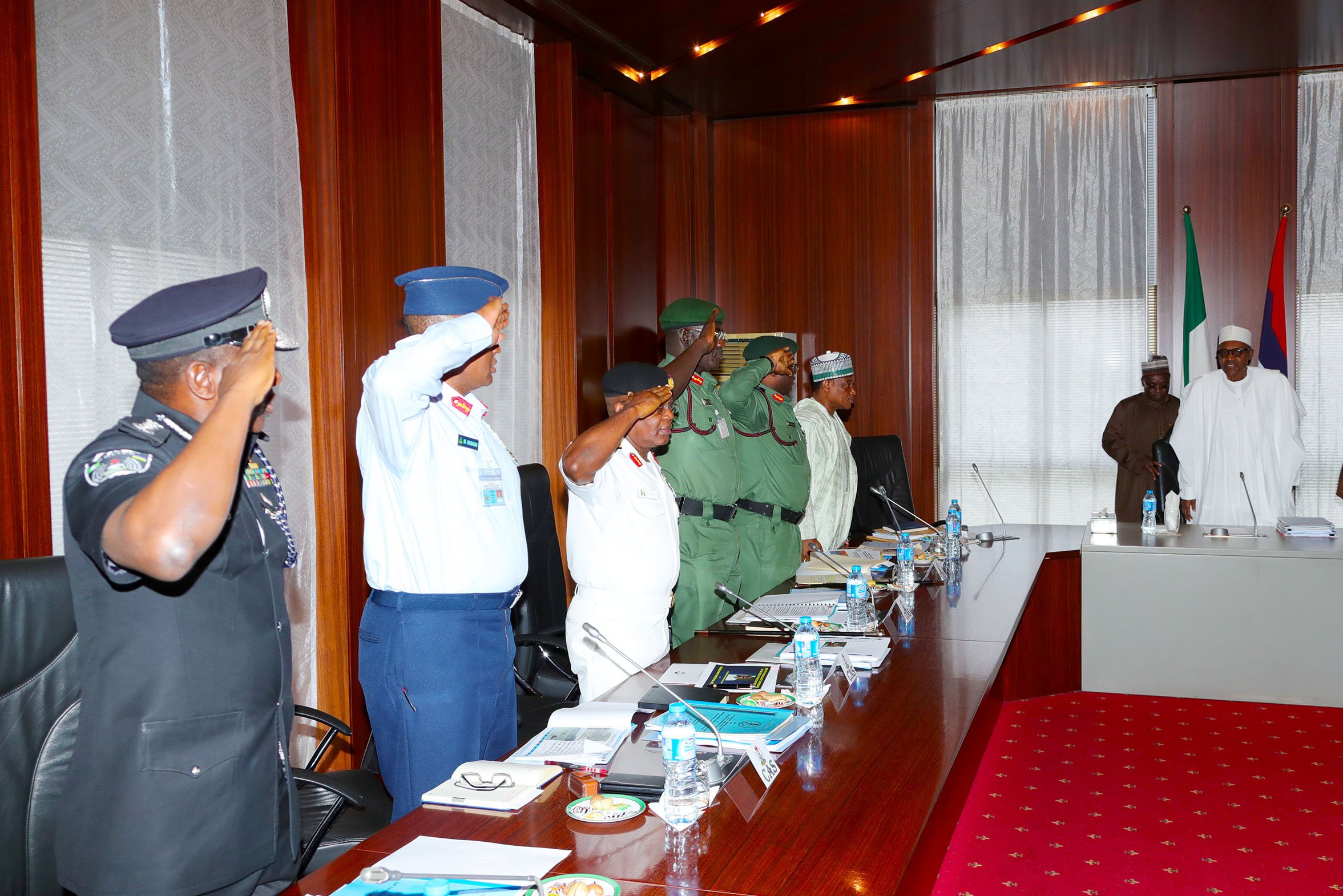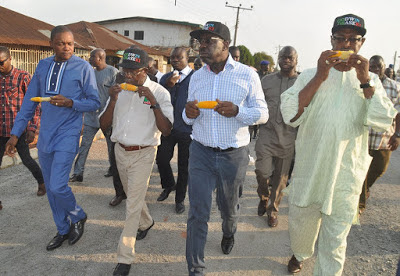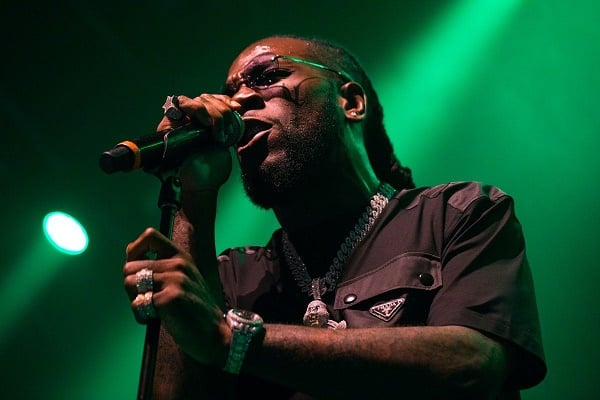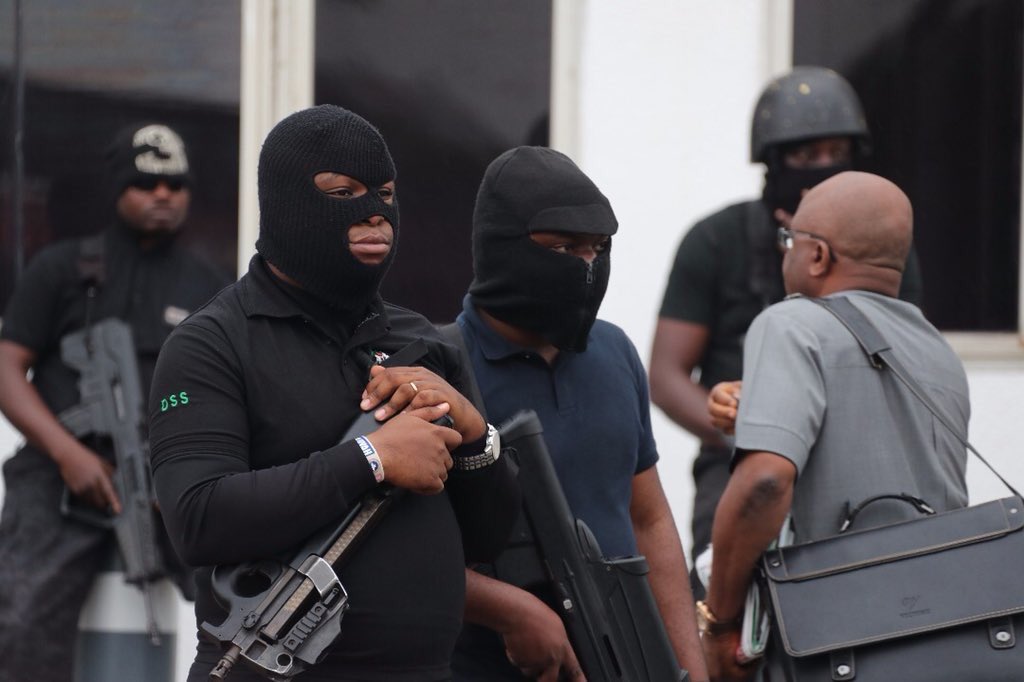One is lean, slow, deliberate and often distant as he stares into space. The other is compact, quick, agitated and often preoccupied with his mobile phones. I am describing, respectively, my impressions of President Muhammadu Buhari and Mr. Omoyele Sowore from watching them both up close physically.
They are two different people, as different as two people can be, including in their age and life experience. Yet, they are two very similar persons. In so many ways that this article will explain, their trajectories have been different, but their ways have been very similar.
In taking a stand against the establishment, Sowore has lived a life of protests. He was a relentless advocate for civil and political rights as student union leader at University of Lagos. Later on, he founded Sahara Reporters, one of the early online alternative media that champions agitation against all governments of Nigeria since 2006.
Buhari as a professional military officer might be perceived as conformist and obedient to military tradition. A closer look however reveals something different. His most visible form of protest has been that within and outside his military career, he has demonstrated a non-conformist mien. He has been described as austere, withdrawn and often aloof. In his political roles in military uniform, he has not been given to the physical and social excesses that characterized several of his contemporaries who assumed political roles.
Advertisement
Just as Buhari has held several political appointments and worked within the political structures, Sowore has been around and within politics, including engaging institutions of government to criticize them, and sometimes to collaborate with them as sources of his investigations. Buhari and Sowore came to the same conclusion. Neither was happy with government and the regular politicians.
Both men sooner than later, in their typical day, are apt to show their angry demeanours in social and political discourse. President Buhari and Omoyele Sowore in many ways have led lives that reflected their dissatisfaction, even anger, about Nigeria’s political leadership and parties.
Buhari as a military officer has been one of the leaders of several coups d’etat against military and civilian governments. For example, in December 1983, he was one of the military leaders that overthrew President Shehu Shagari. Buhari and his deputy Brigadier Tunde Idiagbon ruled Nigeria for some two years, a regime that was characterized by their “War Against Indiscipline”. They jailed many people, punished many others and made draconian laws. Buhari has not led a quiet life of conforming to established order.
Advertisement
Similarly, Sowore has never been short of negative words to describe what goes on in Nigeria. His lifelong pursuit of activism against government has been loud. He has been intolerant of corruption, misrule, abuse of office and exploitative social norms.
President Buhari, after his military career, found his voice within a new political party, the All Nigeria People’s Party, and later in the Congress for Progressive Change. He ran three times unsuccessfully to become president. He won only at his fourth election campaign using the All Progressives Congress party platform. He has fulfilled his desire to rule Nigeria.
Sowore, who had established a powerful, successful media platform, Sahara Reporters, to destabilize the political space, also found a political party, the African Action Congress, in 2018. The party lost resoundingly at Sowore’s first attempt to use the electoral system to become president.
When President Buhari lost his earlier elections, he did not keep quiet. He spat fire. His frustration with the electoral process was heard loudly. For example, Buhari claimed that the 2011 elections were rigged. He angrily stated that “If what happened in 2011 should again happen in 2015, by the grace of God, the dog and the baboon would all be soaked in blood”.
Advertisement
Sowore after his electoral loss did not keep quiet. Moreover, he concluded that open agitation to upend the system was perhaps more effective. He spoke angrily too.
In their characteristic ways, neither of the two men accepted their losses nor did they settle down to parley with the winners. They did not go quietly into the night.
Sowore, reacting against the electoral process of 2015, called out other instruments of persuasion. He brandished a new slogan of “Revolution Now” and led street campaigns. Unfortunately, for seeking new avenues to change the political discourse, he became the enemy that must be stopped by the forces of law and order.
It is written and said by many people that Sowore was the nemesis of President Jonathan’s government and that Sahara Reporters was a most potent media that charted the way for the end of Jonathan’s government and the entry of President Buhari into office in 2015.
Sowore, especially through Sahara Reporters, has campaigned in the public arena consistently against the ills of every government from 2006 to date. Presidents Olusegun Obasanjo, Musa Yar’Adua, and Goodluck Jonathan were not spared, nor were their ministers, appointees and other political associates. Some of these leaders have had their wives painted in undignified portraits in the online media, especially for corrupt activities.
How did Sowore who acted in support of, advocated for Buhari, and his political party’s “change” agenda, become the “enemy” of Buhari and his government?
Advertisement
Buhari was fed up with poor governance, he campaigned in support of a new order and fought hard to get into power. Both Buhari and Sowore swear that Nigeria must change. Sowore’s impatience with slow or lack of change leads him to seek possible pressure points to accelerate change. What differentiates the two in the new sphere is that whilst Buhari is bound by the fences of government house and its dictates, Sowore chooses to try the paths not taken, using mostly words.
Nigeria is ripe for change. The road to change is already littered with promises not kept, accidents caused deliberately by agents of the status quo, and obstacles that hinder progress for the largest segment of the population. Sooner than later it may become a stark reality to decide which path can truly lead to change – within the existing order, or its overturn to give way to drastic shifts. Patience may have expiration date.
Advertisement
Makinwa is the CEO of AUNIQUEI Communication for Leadership.
Advertisement
Views expressed by contributors are strictly personal and not of TheCable.
